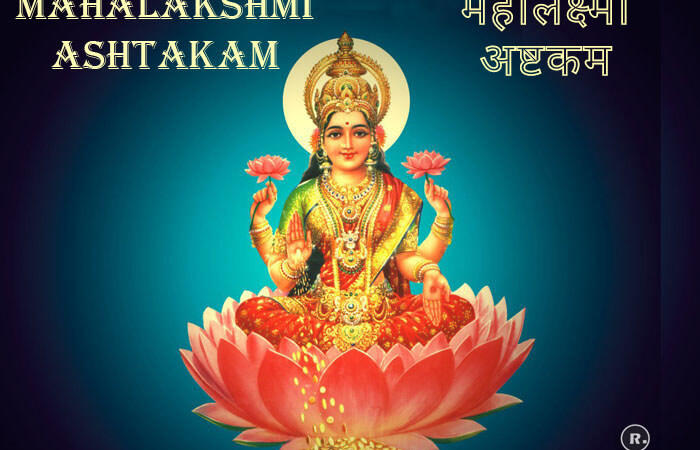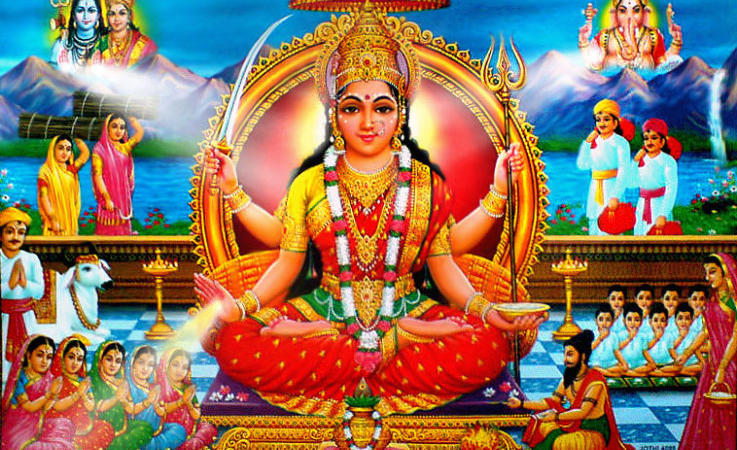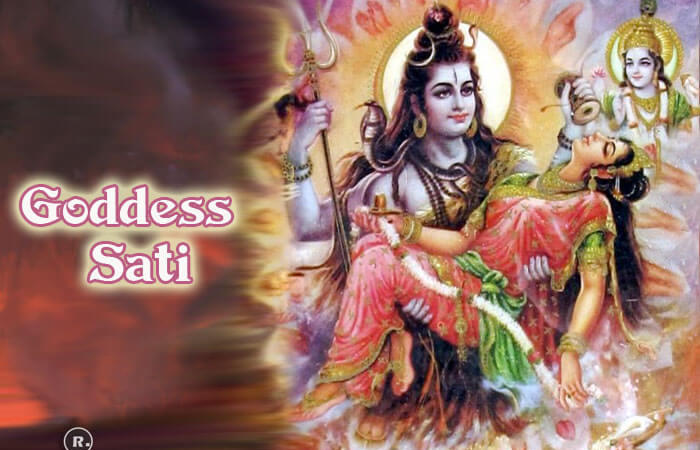What’s in a Name of a God

The word “God” is referred to as different deities or specifically to the Supreme Being. God’s name remains the same throughout all generations. He is fully trustworthy, always powerful, forever loving, and constantly present with us.
The world’s population lives in five common religions. Christianity, Islam, Buddhism, Hinduism, and Judaism. Every religion has its own beliefs. Their divine being is who they believe in. There is only one religion for all people in the world. But that is not Christianity, nor Islam, nor Hinduism, nor any other religion of this world. So, what is then that religion? That is the eternal religion of the soul is the love of God.
God is not African, Muslim, Christian, Indian, or whatever, nor is he whatever else he is called in other universes. He is free from all material designation and thus above all quarreling of his parts and parcels – the souls that are in this material world. He is equal to all and waits that everybody turns toward Him.
So, there is one religion, the religion of the soul. And there is one God, the God for all living entities. All the living entities should, therefore, live like one big family by casting aside all their material designations. This is because, just as God is not Hindu, Muslim, Christian, etc, all his parts and parcels, the souls are also originally free from such material designations.
Who is your God?
The form of God or Goddess you relate to most naturally, the face of the divine you love most dearly, is your Ishta Devata, your beloved deity, your personal divine contact. Hindus relate to their Ista Devata somewhat as Christians think of their guardian angels. The personal deity shields you from harm and guides you through life by supplying just the right information or just the right experiences at just the right time. In another sense, the Ishta Devata is your own Higher Self. By spending time in prayer and meditation on each name of God we can come to know Him in a far more personal and intimate way.
An important technique many Hindus use to cement their relationship with the deity is to chant God or Goddess’s name constantly. Nama Japa, or “chanting the name,” purifies the mind, opens the heart, makes the subtle body vibrant and the physical body healthy, and surrounds the devotee with a vibratory aura of protection and blessing.
For Hindus, the name of God is God. to name him or her is to invoke the Divine’s living presence. It’s said that in the beginning, you chant the name. Then the name chants you. You no longer have to make a conscious effort to repeat it, it repeats itself in the echo chambers of your mind. This doesn’t mean you’re continually distracted by the syllables humming in your head! When you have to focus your attention on the job in front of you, the divine name shifts into the background of your awareness. You no longer hear the sound, but the feeling doesn’t stop resonating in your heart.
There is a story of a Hindu woman who locked herself in her room to spend the last few years of her life doing Nama Japa, chanting the name of her Ishta Devata. Her devotion was extraordinarily intense. After her death, people claimed they could still hear the mantra sounding in her room.
Hindus worship many gods and goddesses and the foremost among the many Hindu gods and goddesses are the Holy Triad of Brahma, Vishnu, and Shiva, the creator, sustainer, and destroyer of worlds.
Brahma: the god responsible for the creation of the world and all living things
Vishnu: the god that preserves and protects the universe
Shiva: the god that destroys the universe in order to recreate it
Devi: the goddess that fights to restore dharma
Krishna: the god of compassion, tenderness, and love
Lakshmi: the goddess of wealth and purity
Saraswati: the goddess of learning






